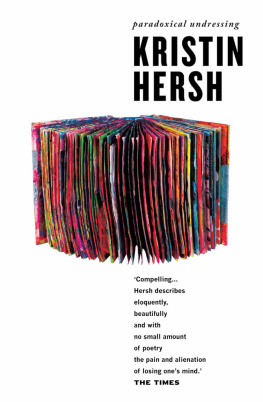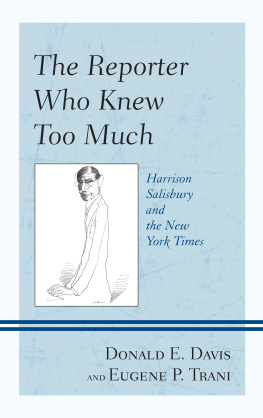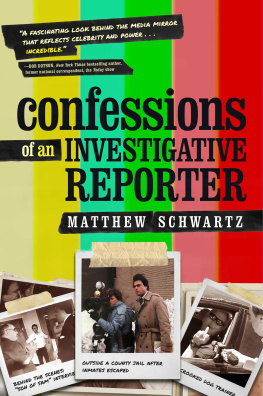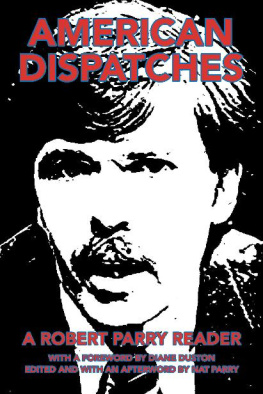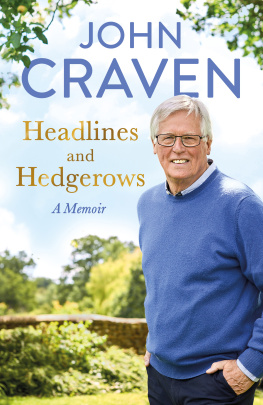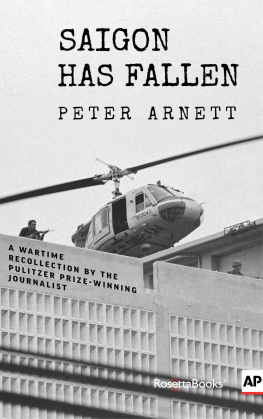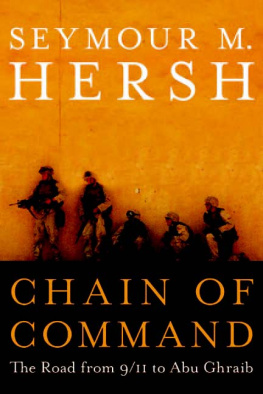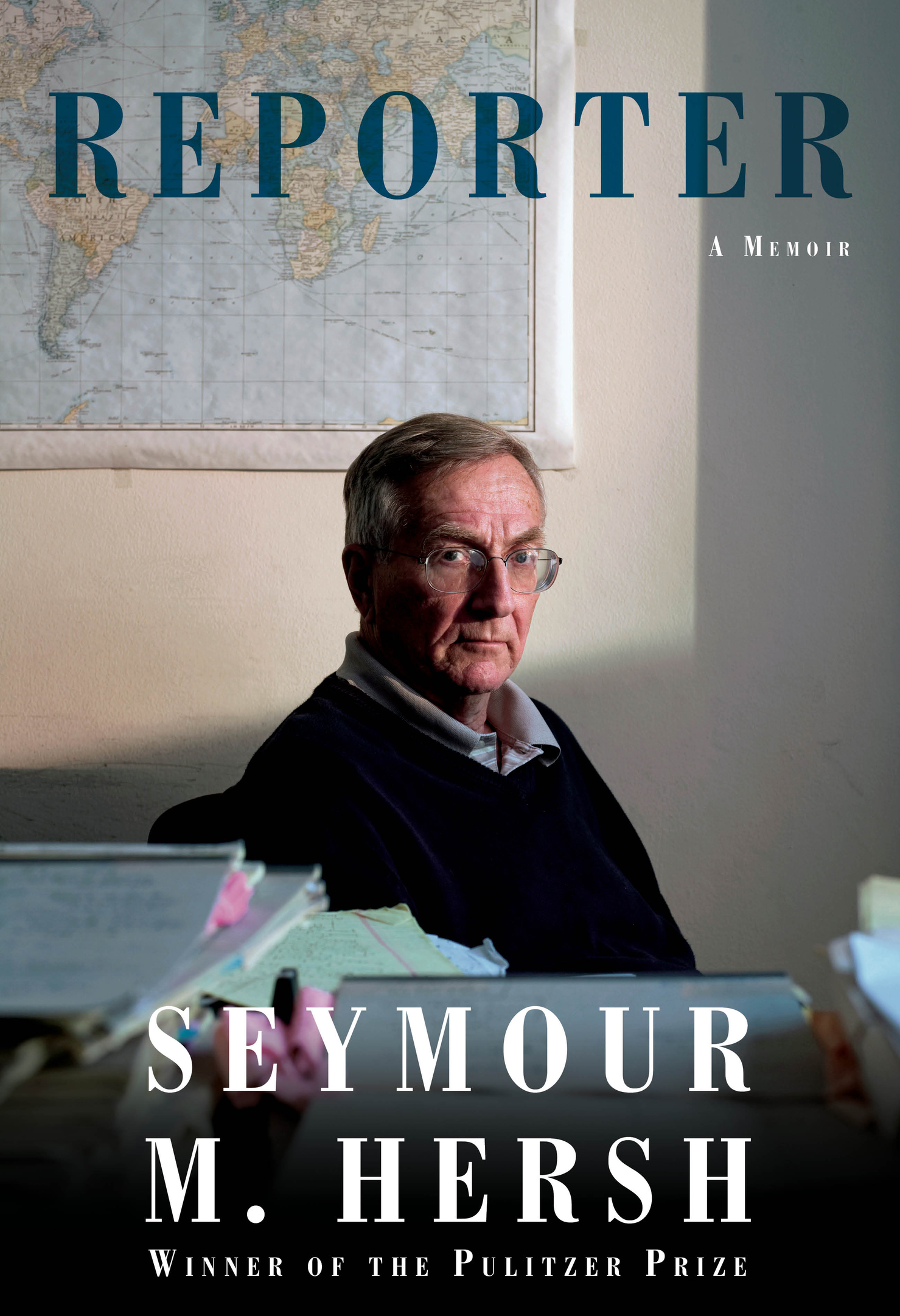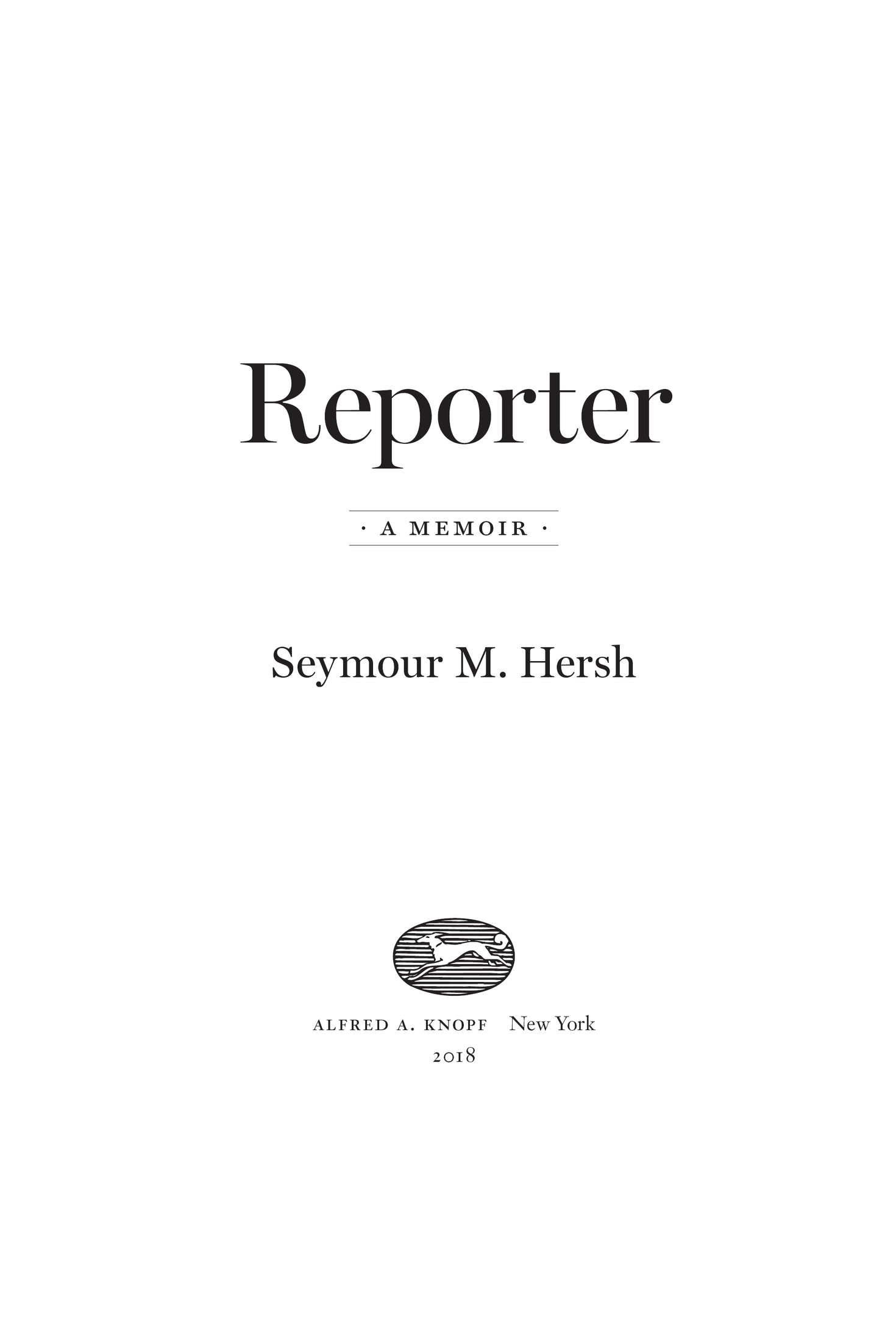Contents
ALSO BY SEYMOUR M. HERSH
The Killing of Osama bin Laden
Chain of Command: The Road from 9/11 to Abu Ghraib
Against All Enemies: Gulf War Syndrome: The War Between Americas Ailing Veterans and Their Government
The Dark Side of Camelot
The Samson Option: Israels Nuclear Arsenal and American Foreign Policy
The Target Is Destroyed: What Really Happened to Flight 007 and What America Knew About It
The Price of Power: Kissinger in the Nixon White House
Cover-Up: The Armys Secret Investigation of the Massacre at My Lai 4
My Lai 4: A Report on the Massacre and Its Aftermath
Chemical and Biological Warfare: Americas Hidden Arsenal
THIS IS A BORZOI BOOK
PUBLISHED BY ALFRED A. KNOPF
Copyright 2018 by Seymour M. Hersh
All rights reserved. Published in the United States by Alfred A. Knopf, a division of Penguin Random House LLC, New York, and distributed in Canada by Random House of Canada, a division of Penguin Random House Canada Limited, Toronto.
www.aaknopf.com
Knopf, Borzoi Books, and the colophon are registered trademarks of Penguin Random House LLC.
Library of Congress Cataloging-in-Publication Data
Names: Hersh, Seymour M. author.
Title: Reporter : a memoir / Seymour M. Hersh.
Description: First edition. | New York : Alfred A. Knopf, 2018.
Identifiers: LCCN 2017051856 | ISBN 9780307263957 (hardcover) | ISBN 9780525521587 (ebook)
Subjects: LCSH : Hersh, Seymour M. | JournalistsUnited StatesBiography. | BISAC : BIOGRAPHY & AUTOBIOGRAPHY / Editors, Journalists, Publishers.
Classification: LCC PN 4874. H 473 A 3 2018 | DDC 070.92 [ B ]dc23 LC record available at https://lccn.loc.gov/2017051856
Ebook ISBN9780525521587
Cover photograph by Mark Mahaney/Redux
Cover design by Chip Kidd
v5.3_r7.1
a
For Elizabeth
Contents
Introduction
I am a survivor from the golden age of journalism, when reporters for daily newspapers did not have to compete with the twenty-four-hour cable news cycle, when newspapers were flush with cash from display advertisements and want ads, and when I was free to travel anywhere, anytime, for any reason, with company credit cards. There was sufficient time for reporting on a breaking news story without having to constantly relay what was being learned on the newspapers web page.
There were no televised panels of experts and journalists on cable TV who began every answer to every question with the two deadliest words in the media worldI think. We are sodden with fake news, hyped-up and incomplete information, and false assertions delivered nonstop by our daily newspapers, our televisions, our online news agencies, our social media, and our President.
Yes, its a mess. And there is no magic bullet, no savior in sight for the serious media. The mainstream newspapers, magazines, and television networks will continue to lay off reporters, reduce staff, and squeeze the funds available for good reporting, and especially for investigative reporting, with its high cost, unpredictable results, and its capacity for angering readers and attracting expensive lawsuits. The newspapers of today far too often rush into print with stories that are essentially little more than tips, or hints of something toxic or criminal. For lack of time, money, or skilled staff, we are besieged with he said, she said stories in which the reporter is little more than a parrot. I always thought it was a newspapers mission to search out the truth and not merely to report on the dispute. Was there a war crime? The newspapers now rely on a negotiated United Nations report that comes, at best, months later to tell us. And have the media made any significant effort to explain why a UN report is not considered to be the last word by many throughout the world? Is there much critical reporting at all about the UN? Do I dare ask about the war in Yemen? Or why Donald Trump took Sudan off his travel ban list? (The leadership in Khartoum sent troops to fight in Yemen on behalf of Saudi Arabia.)
My career has been all about the importance of telling important and unwanted truths and making America a more knowledgeable place. I was not alone in making a difference; think of David Halberstam, Charley Mohr, Ward Just, Neil Sheehan, Morley Safer, and dozens of other first-rate journalists who did so much to enlighten us about the seamy side of the Vietnam War. I know it would not be possible for me to be as freewheeling in todays newspaper world as it was until a decade ago, when the money crunch began. I vividly remember the day when David Remnick, the editor of The New Yorker, called in 2011 to ask if I could do an interview with an important source by telephone rather than fly three thousand miles to do one in person. David, who did everything possible to support my reporting on the Abu Ghraib prison horror in 2004he paid dearly to enable me to publish reporting pieces in three consecutive issuesmade his plea to me in what I thought was a pained, embarrassed voice, almost a whisper.
Where are the tough stories today about Americas continuing Special Forces operations and the never-ending political divide in the Middle East, Central America, and Africa? Abuses surely continuewar is always hellbut todays newspapers and networks simply cannot afford to keep correspondents in the field, and those that doessentially The New York Times, where I worked happily for eight years in the 1970s, constantly making troubleare not able to finance the long-term reporting that is needed to get deeply into the corruption of the military or intelligence world. As you will read herein, I spent two years before I was able to learn what I needed to report on the CIAs illegal domestic spying in the 1960s and 1970s.
I do not pretend to have an answer to the problems of our media today. Should the federal government underwrite the media, as England does with the BBC? Ask Donald Trump about that. Should there be a few national newspapers financed by the public? If so, who would be eligible to buy shares in the venture? This is clearly the time to renew the debate on how to go forward. I had believed for years that all would work out, that the failing American newspapers would be supplanted by blogs, online news collectives, and weekly newspapers that would fill in the blanks on local reporting as well as on international and national news, but, despite a few successesVICE, BuzzFeed, Politico, and Truthout come to mindit isnt happening; as a result, the media, like the nation, are more partisan and strident.
So, consider this memoir for what it is: an account of a guy who came from the Midwest, began his career as a copyboy for a small agency that covered crime, fires, and the courts there, and eleven years later, as a freelance reporter in Washington working for a small antiwar news agency, was sticking two fingers in the eye of a sitting president by telling about a horrific American massacre, and being rewarded for it. You do not have to tell me about the wonder, and the potential, of America. Perhaps thats why its very painful to think I might not have accomplished what I did if I were at work in the chaotic and unstructured journalism world of today.
Of course Im still trying.



